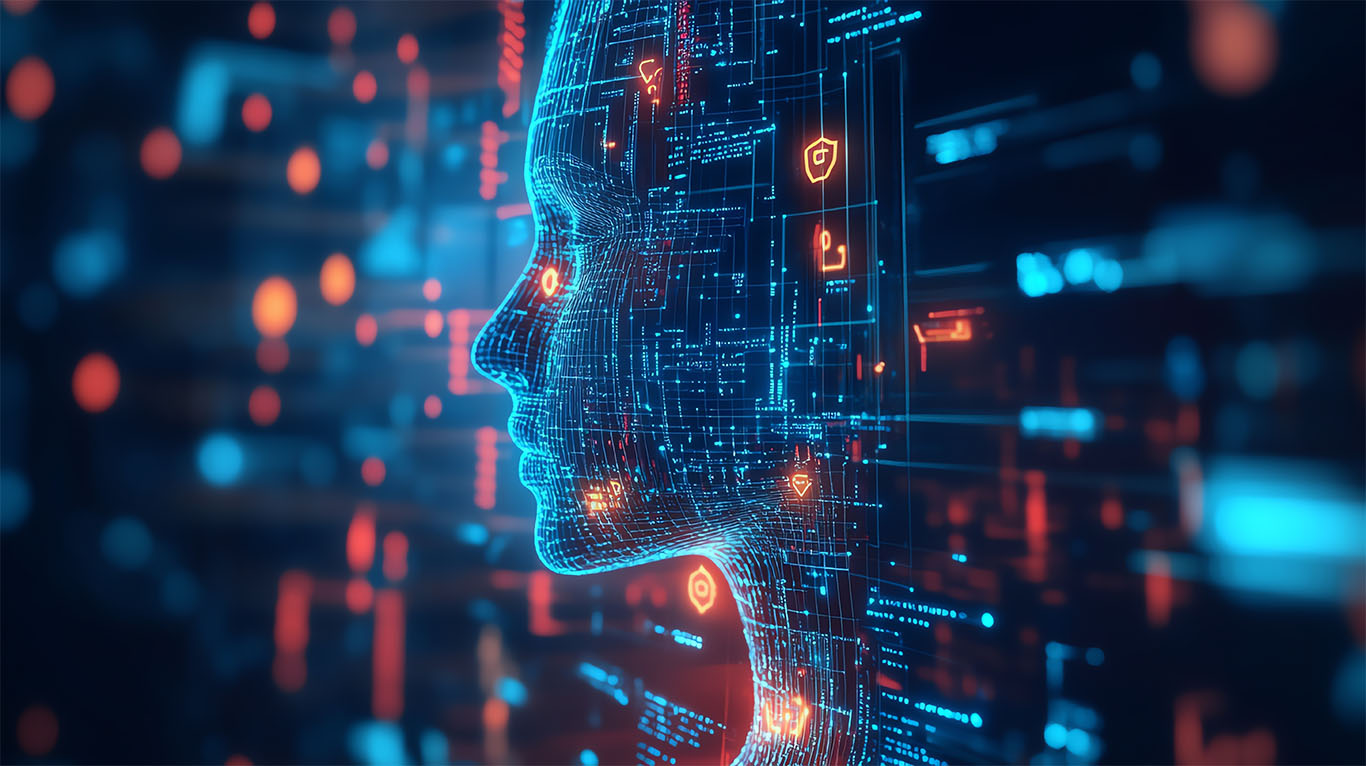
AI Will Take Your Job Unless You Outskill it, CEO Cautions
Subscribe to our free newsletter today to keep up to date with the latest business news.
When a CEO says his own job is at risk, it changes the tone of the conversation. That’s what Micha Kaufman, chief executive of Fiverr, told employees in a recent company-wide message. His point was straightforward: artificial intelligence is moving quickly, and nobody’s role is immune, not even his.
Kaufman’s comments underscore a broader shift in how companies are addressing AI. This wasn’t a cautious nod to future change. It was a warning. As AI takes over tasks across roles and industries, only those who stay ahead will remain valuable.
Becoming exceptional at your craft
Kaufman’s core recommendation was to be exceptional. As AI handles routine and repetitive tasks, being average is no longer good enough.
In professions like law, design, marketing, and software development, standout skills will define career longevity. Whether it is originality, strategic thinking, or expert judgment, human value is now judged by what machines cannot replicate easily.
Research from McKinsey supports this view. Their 2023 report projects a continued drop in demand for mid-skill labor, while high-skill roles that require creativity and critical thinking will become more competitive. The middle ground is disappearing. Professionals must climb higher or risk falling out of relevance.
Mastering AI tools is no longer optional in the modern workforce
Kaufman made his advice actionable. He pointed to real tools his employees should use. Developers were encouraged to adopt Cursor, a code assistant powered by AI. Legal professionals were guided toward Legora, an AI system for legal research and analysis.
If employees are not already incorporating AI into their daily routines, they are behind. In other sectors, designers are turning to Midjourney or Adobe Firefly, while sales teams are using tools like Gong or Salesforce Einstein.
What is emerging is a hybrid skill expectation. Professionals are expected to deliver human judgment while using AI to elevate output. AI fluency is no longer an edge. It is a baseline requirement.
Why proactive learning is the new insurance policy for your career
Kaufman also emphasized the value of peer learning. Employees were told to identify and learn from colleagues already leveraging AI tools. The message was clear: waiting for formal training is not a survival strategy.
This reflects a growing trend in organizations. Companies such as Duolingo and Shopify now require AI usage in daily operations. At Box, human intervention is only approved when automation is ruled out. Internal cultures are shifting toward AI-first models.
In this environment, workers must take charge of their learning. Self-driven upskilling is the new safety net. Those who wait for permission may find themselves without a seat.
Although the tone of Kaufman’s message was firm, it also opened the door to opportunity. AI is not just a threat. It is leverage.
Freelancers and knowledge workers who learn to integrate AI into their work can increase their efficiency, quality, and visibility. In platforms like Fiverr, where success depends on standing out, these advantages compound quickly.
The workplace is changing fast, but early adopters will not just keep their jobs. They may define what the next wave of work looks like. The winners will be the professionals who turn AI into a competitive edge instead of treating it as a threat.
Sources: